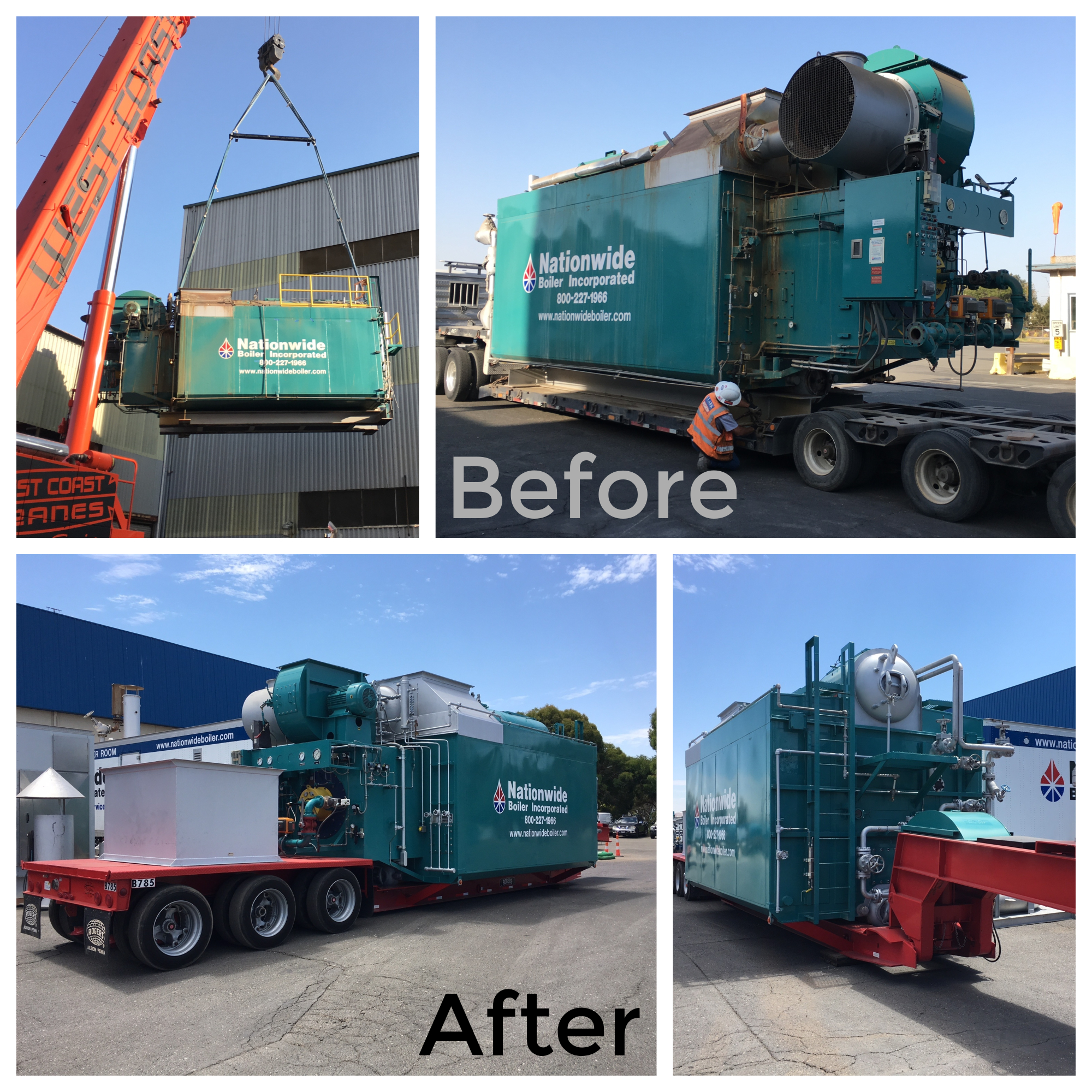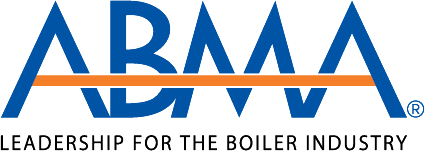Nationwide Boiler will have a table at this year’s Industrial Emissions Conference presented by the Council of Industrial Boiler Owners (CIBO). The conference begins next week, July 30 and is being held at the Sheraton Imperial Hotel in Durham, NC.
In addition to our exhibition, our very own Bill Testa will be presenting on the topic of California’s current boiler NOx control requirements. The Regional Clean Air Incentives Market (RECLAIM) program recently transitioned to a command-and-control regulatory structure, requiring Best Available Retrofit Control Technology (BARCT). In addition, implementation of BARCT has been expedited and must occur by 2023 due to AB617.
Nationwide Boiler has been in discussions with two prominent air regarding the best possible solution for users that are part of the RECLAIM program. Bill will be educating and informing attendees on these solutions at the upcoming meeting.
If you will be at the conference next week, be sure to find Bill and Jim Barbeau at table #14.




